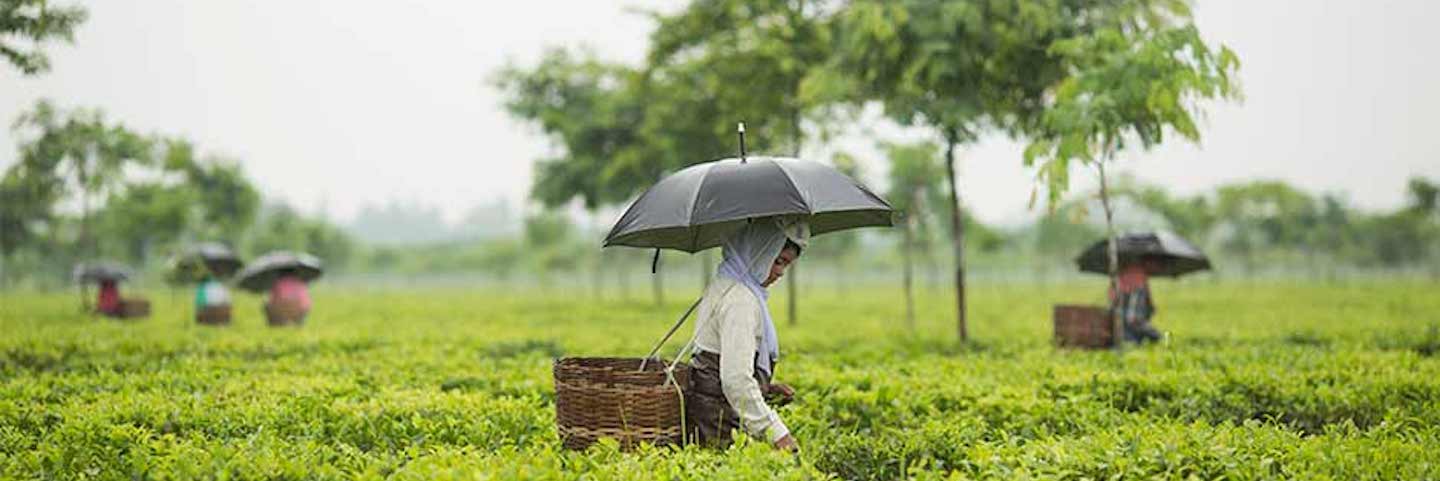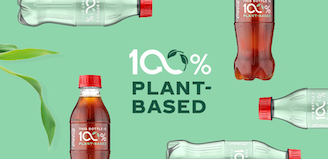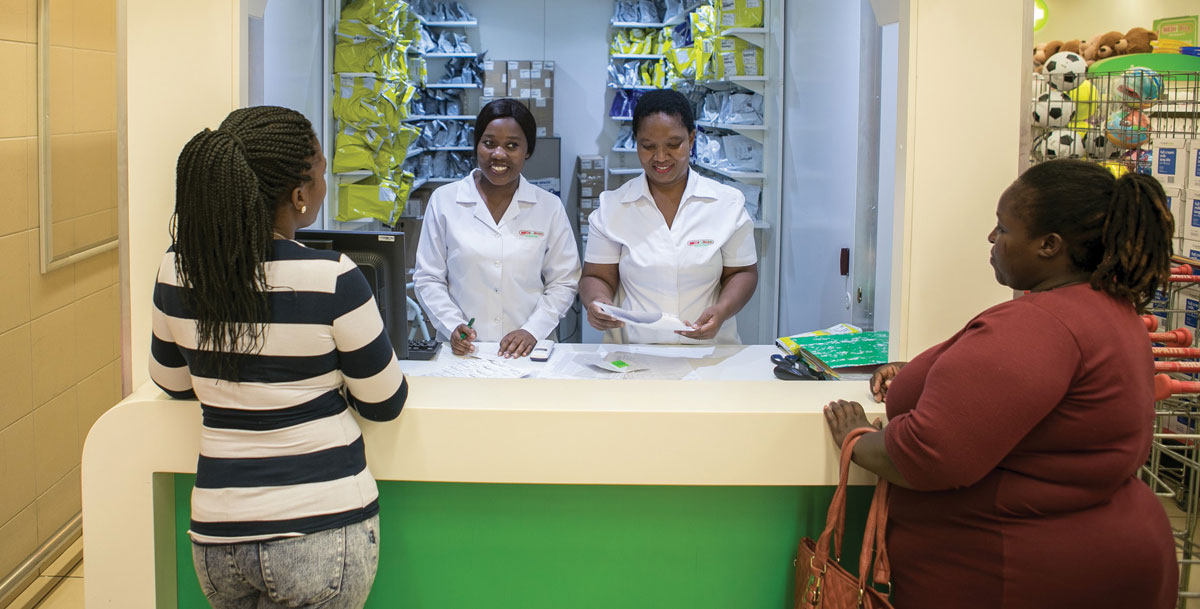
Partnering Toward Climate Change Resilience and Sustainable Sourcing
Helping Communities and Supporting Women Farmers
08-24-2018
Coca‑Cola Morocco and UN Women (The United Nations Entity for Gender Equality and the Empowerment of Women), with support from The Coca‑Cola Foundation, are aiming to build capacity and technical knowledge among women farmers. The partners are especially focused on agro-ecological, climate change resilient practices, as well as training women farmers to manage their cooperatives and income-generating activities. The initiative, Addressing Climate Change through Sustainable Agriculture and Women Empowerment, champions sustainable agriculture and helps to empower women farmers.
“Empowering women, and fostering women’s entrepreneurship, is one of the pillars of our community action, not just in Morocco, but around the world,” said Loubna Sabir, Director of Public Affairs, Communication and Sustainable Development, Coca‑Cola Morocco. “We are convinced that the sustainable development of societies, particularly rural ones, and their resilience to environmental change, will be significantly impacted by economically empowered women with stable incomes.”
“We are convinced that the sustainable development of societies, particularly rural ones, and their resilience to environmental change, will be significantly impacted by economically empowered women with stable incomes.”
The program, which launched in 2017, is initially supporting and strengthening several groups of women farmer leaders in the regions of Ouarzazate and Essaouira. The leaders are being equipped with guidance, training, skills and the provision of essential equipment to overcome barriers hindering economic growth and to build resilience to climate impacts. Climate change adaptation measures must be incorporated into agricultural practices to achieve food security and social and economic well-being. Smallholder farmers are particularly vulnerable to climate change impacts as they rely on natural resources for their livelihoods.
Additionally, according to the UN, women are more likely to be impacted by climate change than men. Mainly this is because women comprise the majority of the world’s poor and their livelihoods, like farming, are more dependent on natural resources threatened by climate change. They also face social, economic and political obstacles to addressing climate change challenges.
An area of focus for the program in Morocco is the management of olive orchards and plots of aromatic and medicinal plants. Complementary information is shared about organic fertilization, soil conservation, drip irrigation for water saving, equipment installation and more environmentally friendly equipment.
With nearly 3 million dirhams invested (US $300,000), the program allowed—eight months after its launch—the financial autonomy of 50 women leaders and members of two agricultural cooperatives. For the year 2018–2019, the program is targeting around 70 direct participants in the cooperatives of Tilouine and Tinjdade, and 260 indirect beneficiaries in the oasis of Tinjdade. For its third year (2019–2020), the goal is to reach 80 direct beneficiaries in the Agadir cooperatives and 240 indirect beneficiaries in the Agadir-Taroudant region.
As women farmer program participants develop and manage their own climate resilient businesses and income-generating activities, they will, in turn, share their know-how with other community members. In this way, they are creating a virtuous circle of acceleration and amplification of the empowerment movement in the region–and greater resilience to climate change impacts.


